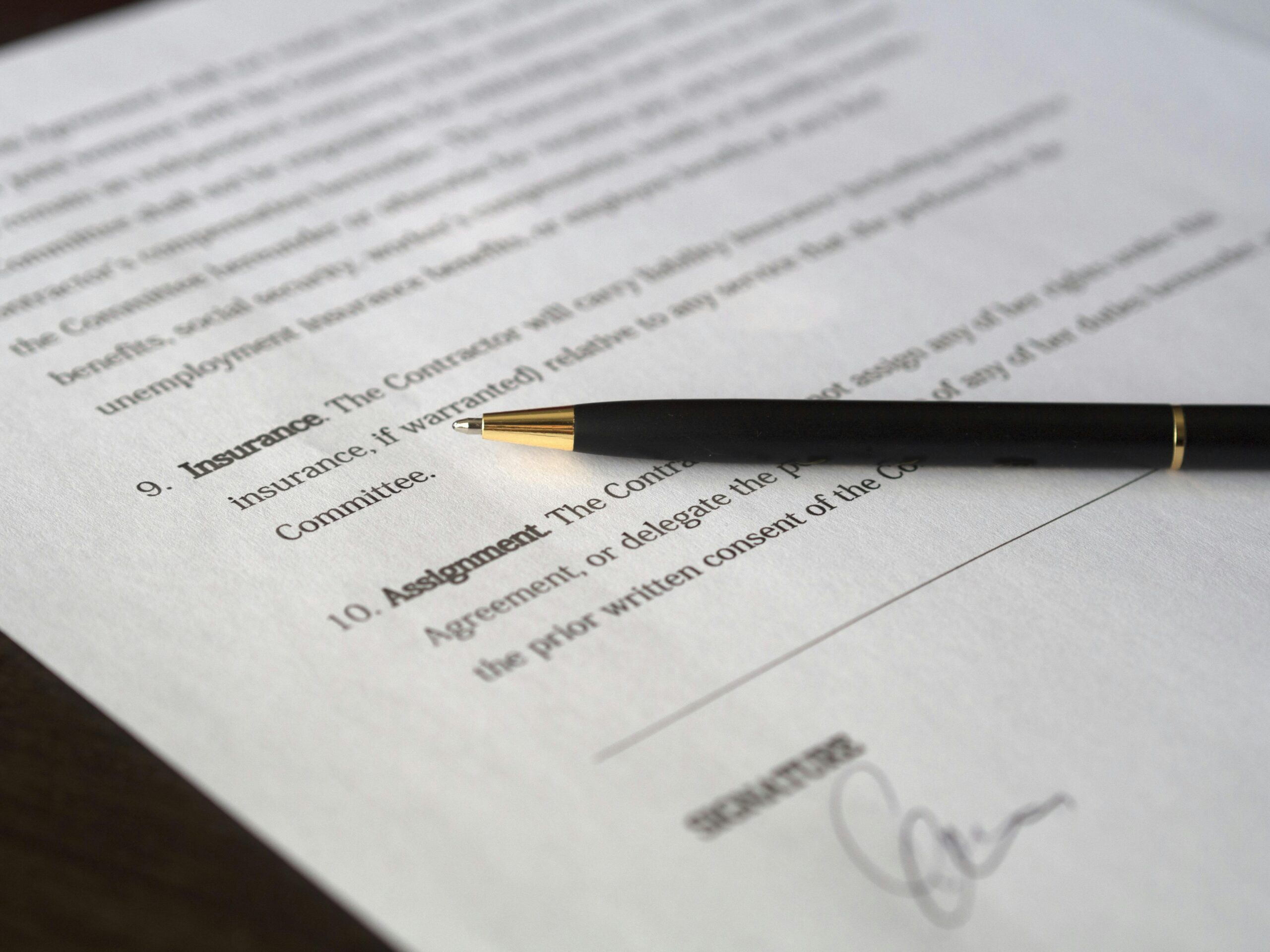A resident landlord or homeowner that lets a part of his property be rented out to a lodger or a paying guest may need a written contract. It is good to have a written contract because the contact will specify all the terms and conditions to which both the landlord and lodger must agree. The homeowner should provide the lodger agreement template in advance to the paying guest to review each clause and ensure that the contract is suitable for both parties.
The written contract is very useful because if a problem arises in the future, both parties can look at the contract and resolve their issue. Both the parties should have a copy of the lodger agreement template to ensure that all rules and regulations are followed, and violations of certain laws had not occurred.
Here are some of the key points that should be kept in mind while making a lodger agreement.
1. Make the rules clear:
As the lodger is the person who will be living in your house, they might be using your bathroom and kitchen. So there should be general house rules mentioned in the agreement. These general house rules will ensure that both parties agree and follow all the specified home rules and regulations.
2. Maintenance:
The agreement should state how they should keep the house property. For this purpose, the agreement should specify the responsibility of both the lodger and homeowner. The Contract should outline that for maintenance, the landlord is in charge of what maintenance lodger should take care of.
3. Deposit:
In any case, if a paying guest causes damage to your property, then you can use a deposit to fulfill the damage. The deposit can also be useful in cases when rent is missed. The agreement should cover the causes for deposit deduction and when the deposit will be returned.
4. Be clear on rent:
Rent is the most important part of the agreement as it is the only reason you are letting someone stay in your house. So the agreement should specify the amount that a resident should pay as rent, how often you should pay it because some homeowners collect rent on weekly bases and some on monthly basis so it should be mentioned, and the date by which when should pay the rent.
5. Restrictions on lodger:
The agreement should specify the limitations that are applied to a lodger. For instance, a lodger may not be allowed to keep a pet, or they might not be allowed to let another stay in their room. So all these types of restrictions should be a part of the agreement.
6. Services provided to the lodger:
Suppose you choose to provide extra services to the lodger like delivering meals or cleaning the room. Then you should add all these additional services into the agreement.
7. Inventory of fixtures or fittings:
The landlord usually arranges an inventory. It contains the details of the condition of things like wardrobe and bed used by a lodger in their room. In the agreement, you should mention that all the inventory items should be left in the same condition when a lodger vacant the property.
8. Termination clause:
There should be an optional clause in the agreement that allows either party to terminate the contract at any time by sending a notice. Both parties should decide the notice time, and it can be months or weeks.
9. Duration of agreement:
it would be best if you mentioned the time of stay in agreement in a fixed term, for example, 6 or 12 months. The ending date of the contract should be mentioned in the contract.
Eviction:
A notice to quit should be part of the agreement, and it should also be stated how many days you will give a lodger to leave the property.

